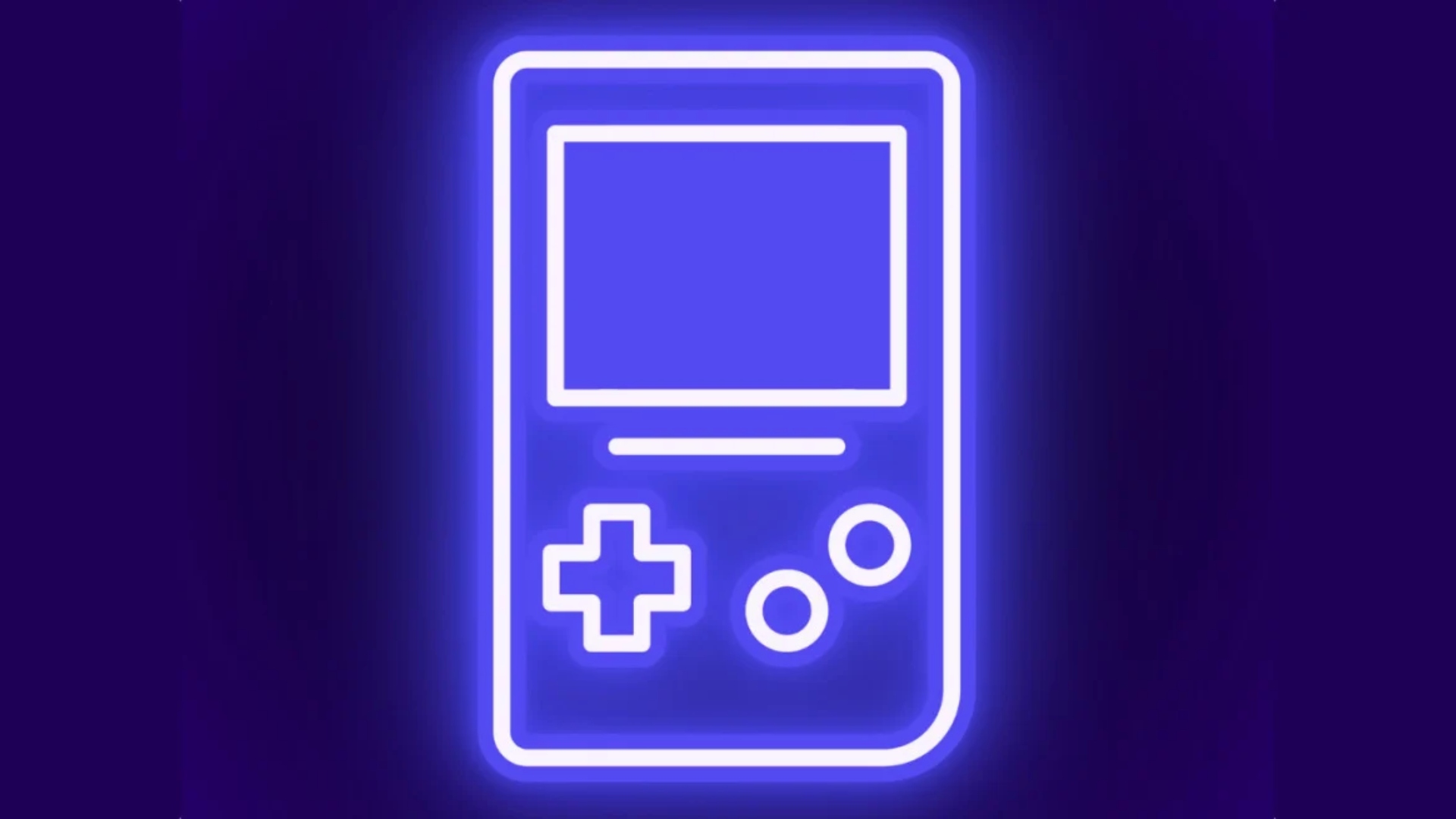Game Boy emulator iGBA was pulled from the Apple App Store hours after release, highlighting the challenges of distributing such apps legally

In a swift turn of events, the newly released Game Boy emulator iGBA was removed from the Apple App Store just hours after its debut. The removal underscores the continuing controversy and legal complexities surrounding game emulators on mobile platforms.
Developed by mtnkdev, iGBA allowed iOS users to play classic Game Boy titles. However, its stay on the App Store was notably brief, indicating potential legal issues or violations of Apple’s app policies, which are strict about copyright and intellectual property rights. This incident came shortly after Apple had updated its guidelines to permit retro game emulators on its platform, provided they comply with all applicable laws, particularly concerning game distribution and copyright compliance.
Emulators like iGBA are legal software designed to replicate the hardware of legacy game consoles, allowing users to play old games on new platforms. However, the legality of distributing and using ROMs (digital copies of the games), which are essential for these emulators to function, remains a gray area. Many users bypass legal channels to download these files, which could lead to copyright infringement issues.
The removal of iGBA from the App Store didn’t come as a surprise to those familiar with Apple’s policies and the gaming industry’s protective nature over intellectual property. Apple’s App Store guidelines strictly regulate software that emulates game consoles, often requiring rapid removal of such apps to comply with copyright laws.
The swift disappearance of iGBA mirrors past incidents where emulators have been removed after short periods, despite the legal gray area they inhabit—often praised for preserving old games but criticized for bypassing copyright protections. The debate around emulators continues as they serve both as a preservation method for obsolete gaming hardware and a potential threat to intellectual property rights.
The iGBA emulator was forked from another project and was available on GitHub, indicating its open-source nature under the MIT license, which allows users to modify and distribute the software with fewer restrictions. However, the distribution of copyrighted game files without permission from the copyright holders is problematic, which might have contributed to its quick removal from the App Store.
Masahiro Sakurai emphasizes the importance of showing actual gameplay in trailers to ensure transparency and…
Meta and LG’s ambitious XR headset partnership faces delays and strategic challenges, casting doubt on…
Sonos is expected to announce its first wireless headphones, the Sonos Ace, tomorrow, featuring high-quality…
Nintendo emulator Delta changes its logo following a legal threat from Adobe, highlighting the challenges…
Ghost of Tsushima: Director’s Cut surpasses God of War to become PlayStation's biggest single-player game…
A study reveals that 28% of online scholarly articles are at risk of disappearing due…
This website uses cookies.